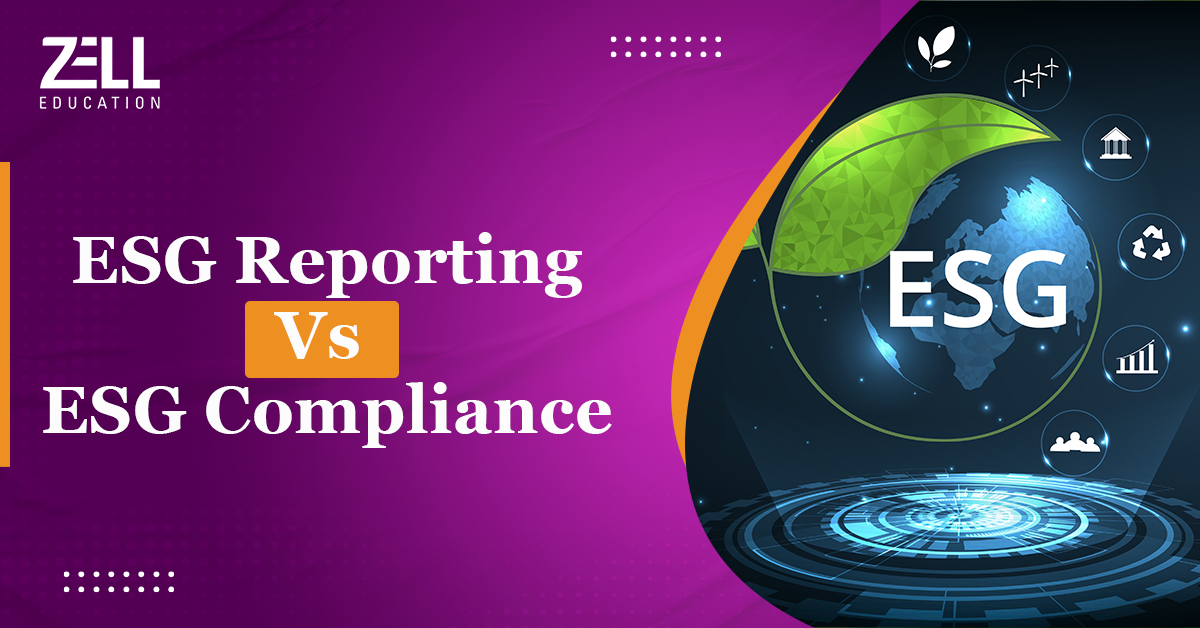Role of Data Analytics in Finance Profession and Business
What is Data Analytics?
Data Analytics is the process that collects information from data through statistical techniques. In today’s time, data analysis is a crucial activity to identify the latest trends and patterns. Identifying the latest trends helps financial firms and institutions to deal with the market competition better. Currently, the power of data analytics in finance is noticed through diverse areas. Some of such areas are discussed here:
Data analytics has become an integral part of the finance profession and business. With the massive growth of data and the increasing complexity of financial transactions, data analytics has become a necessity for organizations looking to make informed decisions. In this blog post, we will explore the role of data analytics in the finance profession and business, the importance of data analytics in finance, and how businesses can leverage data analytics to make better decisions.
Data Analytics in Finance
Data analytics involves the use of statistical and computational techniques to extract insights from data. In the finance profession, data analytics is used to analyze financial data to identify trends, patterns, and anomalies. Financial institutions, such as banks, insurance companies, and investment firms, use data analytics to improve their decision-making processes and gain a competitive advantage.
Data analytics in finance can be used to perform a wide range of tasks, including:
Risk Management
Financial firms analyze past and present data to identify any potential risks and alert the management. Finding a way to deal with a potential risk is a great idea to stay away from huge losses. The data analytics notify the departments about the risk so that the concerned department heads can make proper decisions to tackle the hiccups at the right time.
Fraud Detection
Data analytics is also helpful in detecting fraud in any financial transaction. Today, when data has become vulnerable to fraud easily, most financial firms take the help of data analytics to keep customer data safe. If a fraudulent activity takes place somehow, the system detects it immediately and notifies the customer or department to take further steps.
Customer Insights
One of the basic tasks of data analytics is to analyze customer insights. The customer data is arranged according to different parameters, which can be helpful to the financial institute.
Investment Decisions
Investment is a crucial decision for any company, big or small. Proper investments at the right time help in the long run. Data analytics also analyzes different investment portfolios to make the right investment decisions for the firm.
The Role of Finance Data Analyst
A Finance Data Analyst is someone who helps the company to make important financial decisions. Here are some of the important roles of a Finance Data Analyst.
Data Collection
It is the role of the data analyst to collect data from different departments of the company. Data inflows from the market into the company through different departments such as sales, marketing, and even customer support. The data analyst takes hold of all the data to process them further.
Data Analysis
The analyst will filter the data and analyze them through different statistical techniques. For example, the analyst may segregate the customer data under different categories for advertising and promotion.
Data Visualization
The analyst will visualize and present the data analysis according to the company’s goals and requirements.
Reporting and Recommendations
The analyst will prepare a final report of the data analyzed that will be helpful for the company in different ways. Also, the analyst offers recommendations to make viewers understand the data and the analysis much more convenient.
Data analytics is a new requirement that has become crucial in almost every industry today. It has become a necessity in the finance sector. Whether it is about fraud detection, risk analysis, or simple decision-making, almost all financial firms today rely on data analytics. Experts and big shots have understood and recognized the power of data analytics in finance in the current scenario.
Importance of Data Analytics in Finance
The importance of data analytics in finance cannot be overstated. Data analytics provides financial institutions with a wealth of information that can be used to make informed decisions. Some of the key benefits of data analytics in finance include:
Improved Risk Management: Data analytics enables financial institutions to identify potential risks and predict future risks. This helps them to mitigate risks and reduce losses.
Enhanced Customer Experience: Data analytics enables financial institutions to better understand their customers and tailor their products and services to meet their needs.
Increased Operational Efficiency: Data analytics helps financial institutions to identify inefficiencies and streamline their processes, leading to cost savings and increased productivity.
Better Decision Making: Data analytics provides financial institutions with insights that enable them to make informed decisions.
Data Analytics for Business
Data analytics is not limited to the finance profession. Businesses across all industries can leverage data analytics to gain insights into their operations and make informed decisions. Data analytics can be used to:
Improve Sales and Marketing: Data analytics can be used to analyze customer behavior, preferences, and demographics, enabling businesses to develop targeted marketing campaigns and improve sales.
Enhance Operations: Data analytics can be used to identify inefficiencies in business operations and streamline processes, leading to cost savings and increased productivity.
Predict Trends: Data analytics can be used to analyze market trends and predict future trends, enabling businesses to make strategic decisions.
Improve Customer Experience: Data analytics can be used to better understand customers and tailor products and services to meet their needs, leading to increased customer satisfaction.
Final Words
Data analytics has become an essential tool for businesses and financial institutions looking to make informed decisions. In the finance profession, data analytics is used to analyze financial data and improve risk management, fraud detection, customer segmentation, and portfolio management. For businesses across all industries, data analytics can be used to improve sales and marketing, enhance operations, predict trends, and improve the customer experience. The importance of data analytics in finance and business cannot be overstated, and organizations that do not leverage data analytics risk falling behind their competitors.
If you’re struggling to decide which course to select, don’t hesitate to contact us at Zell Education. Our team would be delighted to provide counseling services and help you make an informed decision.
FAQs
1. What is the power of data analytics?
Data analytics conducts data analysis to understand the firm’s operational inefficiencies. The process highlights the potential risks in the upcoming operations, letting the heads make proper decisions towards an efficient result.
2. What does a business analyst do in Finance?
A business analyst collects potential data, analyzes them, and offers the right visualization through reporting that helps the company heads make correct decisions.
3. What are the benefits of predictive analytics in finance?
Predictive analysis offers valuable insights that help the company to make decisions that go by the company’s goals. Predictive analysis helps in identifying the potential risks and threats to the company so that the right measures can be taken at the right time to avoid any major losses.
4. What is the connection between data analytics and finance & accounting?
Data analytics have a direct connection with finance & accounting. Data analytics in finance enables finance heads to identify the risk areas and act accordingly. Also, finance data analytics help in making sound decisions regarding investment that can offer fruitful results in the future.










